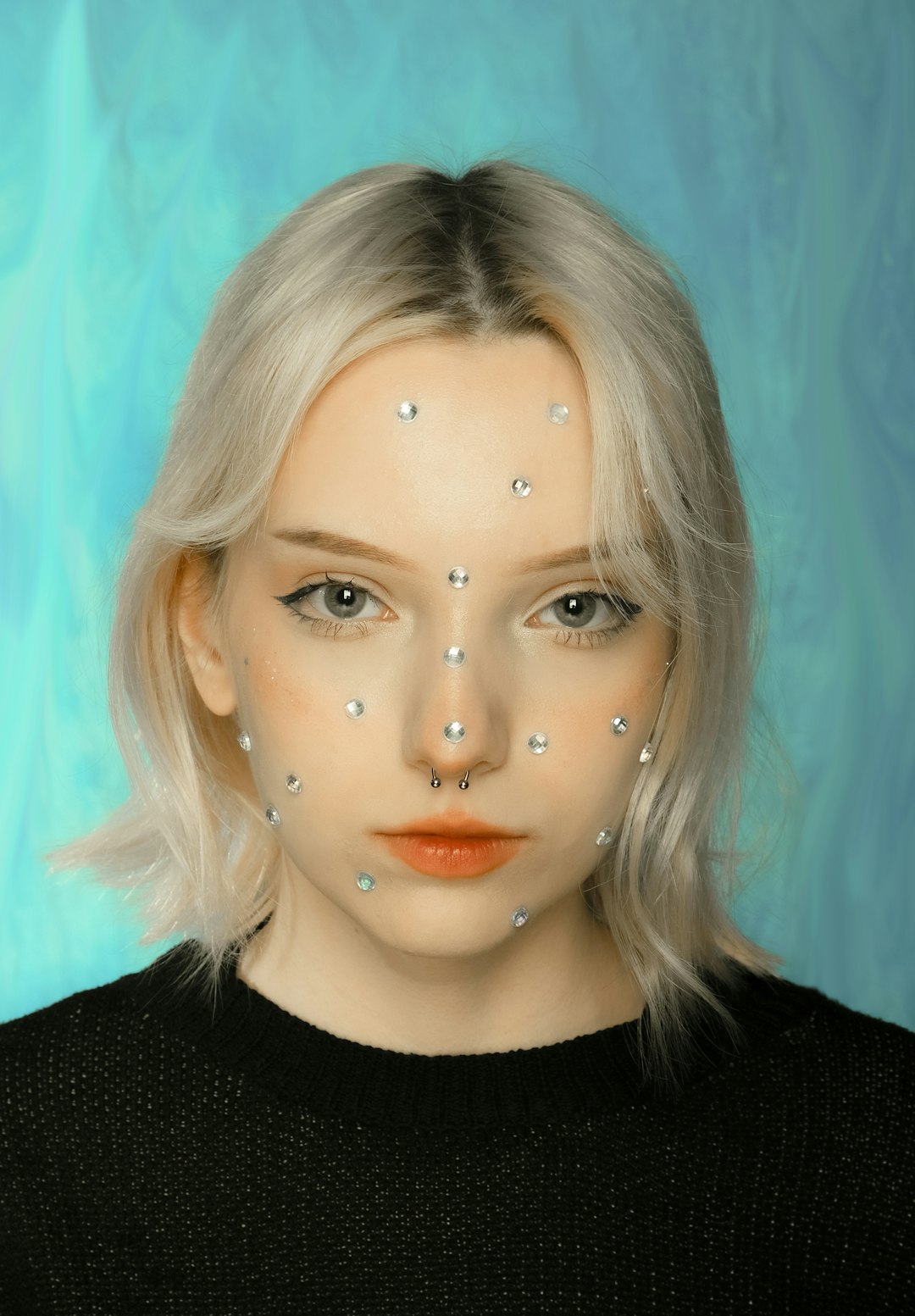In recent years, reverse image search technology powered by artificial intelligence has become a powerful tool for researchers, journalists, law enforcement, and creatives. Whether you’re tracking the origin of an image, identifying a person, or verifying the authenticity of visual content, AI-based reverse image search tools offer a remarkable advantage. These platforms leverage deep learning to detect faces, objects, and even entire scenes with impressive accuracy.
Below is a list of 10 incredible AI reverse image search tools that stand out for their capabilities, reliability, and innovative use of machine learning. These tools go far beyond traditional image search methods by recognizing intricate visual patterns and relationships.

1. Google Lens
Google Lens is a versatile AI-driven tool that allows users to search for similar images using photos. It’s particularly effective at identifying landmarks, text, products, and plants.
Google Lens is accessible via both Android and iOS platforms, and it integrates seamlessly with Google Photos to provide contextual information based on visual analysis.
2. PimEyes
PimEyes is focused on facial recognition. It uses advanced neural networks to analyze facial features and locate similar faces across the web.
This platform has become increasingly popular among those looking to protect their online identity or perform investigative tasks.
3. Pixsy
Pixsy is a reverse image search tool geared toward photographers and creatives. It scans the internet for unauthorized use of images and helps users resolve copyright disputes.
What sets Pixsy apart is its integration with major photography platforms and its automated case filing process, which makes it much more than just a search engine.
4. FaceCheck.ID
Primarily used for verifying the identity of individuals online, FaceCheck.ID allows users to upload a face and returns visually similar matches from news blogs, social networks, and public data sources.
This tool is frequently used to uncover fake profiles and prevent impersonation fraud.
5. Bing Visual Search
Microsoft’s Bing Visual Search is another reliable tool for object and scene identification. Integrated into the Bing search engine, it employs AI to match images with metadata and contextual elements.
Bing’s image understanding technology provides detailed insights not just about what’s in the image, but where it might have originated.
6. Tineye
One of the earliest reverse image search tools, Tineye uses a robust AI matching system. It is excellent at finding modified or edited versions of the same image across the web.
While Tineye doesn’t detect faces or objects by default, it is extremely useful for copyright enforcement and image authenticity verification.
7. Yandex Images
Yandex’s reverse image search capabilities are surprisingly advanced, especially when it comes to facial recognition and identifying rare locations or objects.
This Russian-based search engine often returns results that are missed by Western platforms, making it a useful alternative for comprehensive searching.
8. Berify
Berify not only conducts reverse image searches but also monitors the web for future use of your content. It combines facial detection AI with continuous monitoring services.
It’s especially popular with content creators, models, and brands who want to stay informed about how and where their images appear online.
9. Social Catfish
Designed for verifying online relationships and detecting scams, Social Catfish uses images and metadata to investigate people across social networks and databases.
The service is widely used in online dating verification and reputation management.
10. Clearview AI
Clearview AI is a controversial yet powerful platform primarily used by law enforcement agencies. It has amassed a massive database of photos scraped from social media and uses deep neural networks for precise facial identification.
Due to its privacy concerns and data collection methods, the use of Clearview AI is heavily scrutinized, but its technological capabilities remain at the cutting edge.
Final Thoughts
As technology continues to evolve, AI-powered image search tools are reshaping the way we interact with visual content. Whether used for security, research, or personal verification, these tools provide unprecedented levels of insight by identifying faces, analyzing scenes, and linking objects to real-world data.
However, with great power comes great responsibility. It’s essential to consider the ethical implications and privacy concerns when using these platforms, especially those that involve biometric data.
When used appropriately, AI reverse image search tools can be transformative across a wide range of industries, contributing to digital safety, image integrity, and information transparency.